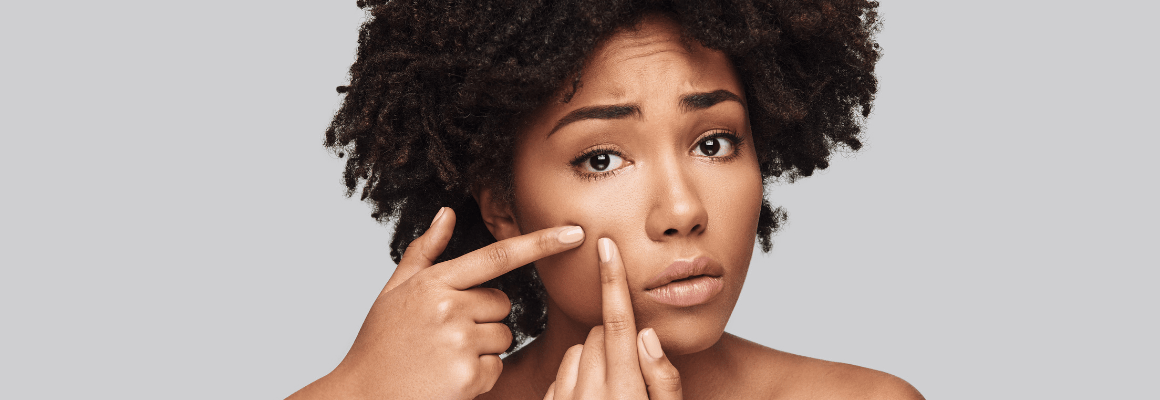Eczema, a skin condition that causes patches of red, itchy, dry skin, can appear anywhere on the body – including on the ears or inside the ear canal. If left untreated, dermatitis on ears can lead to itchy skin, soreness, inflamed skin, and even infection. In this post, we’ll cover symptoms and common triggers of ear eczema, as well as ways to treat the condition naturally with ear eczema home treatments.
Symptoms of Ear Eczema
If you suffer from ear eczema, you may notice flaky, dry skin in or around your ears, such as the area behind the ear and even the crease where the ear attaches to the head. In some cases, symptoms can extend to inside the ear canal.
While symptoms of ear eczema are similar to other types of eczema – including redness, swelling, and itchiness – there is one key difference. Those with ear eczema may notice clear discharge from the ear. To avoid aggravating symptoms and possibly leading to infection, scratching should be avoided.
What Causes Ear Eczema?
Ear eczema can be triggered by a variety of different factors. These factors can differ depending on the type of eczema that is affecting your ears. If you suffer from allergic eczema, your ears may respond with inflammation when exposed to earrings (specifically those made with metal), cellphones, headphones, makeup, and hair products.
Asteatotic eczema, on the other hand, mainly occurs when the skin is exposed to changes in the weather. Common triggers that can exacerbate this condition include overwashing, extreme wind, and indoor heating. Older people are more prone to suffer from asteatotic eczema.
Finally, seborrheic eczema is a type of eczema that develops in oily areas of the body. For this reason, the skin behind your ears is a prime spot. The exact cause of seborrheic eczema is unknown but doctors believe it could be related to a fungus in the oil secreted by the glands in your skin.
Ear Eczema Treatment at Home
Here are our top tips for caring for your ears on a daily basis:
- Gently wash your ears each night. Be sure to use lukewarm water as hot water can further dry out the skin. Pat dry with a towel instead of rubbing.
- Avoid contact with triggers such as jewelry or beauty products. If you’re not exactly sure which products are causing a reaction, it may take some trial and error to figure out.
- When showering, be sure to use natural products without any added fragrances or colours. Choose soaps, body wash, and shampoo that are suitable for sensitive skin.
Natural Products to Treat Ear Eczema
Organic Manuka Skin Soothing Cream - With absolutely no burning or stinging, this soothing oil-based balm is perfect for delicate areas of the body such as the ears. It’s made with just six ingredients – all handpicked for their known soothing abilities. Its soft and buttery smooth texture truly does wonders moisturizing even the driest of skin.
References:
https://www.medicalnewstoday.com/articles/323150










